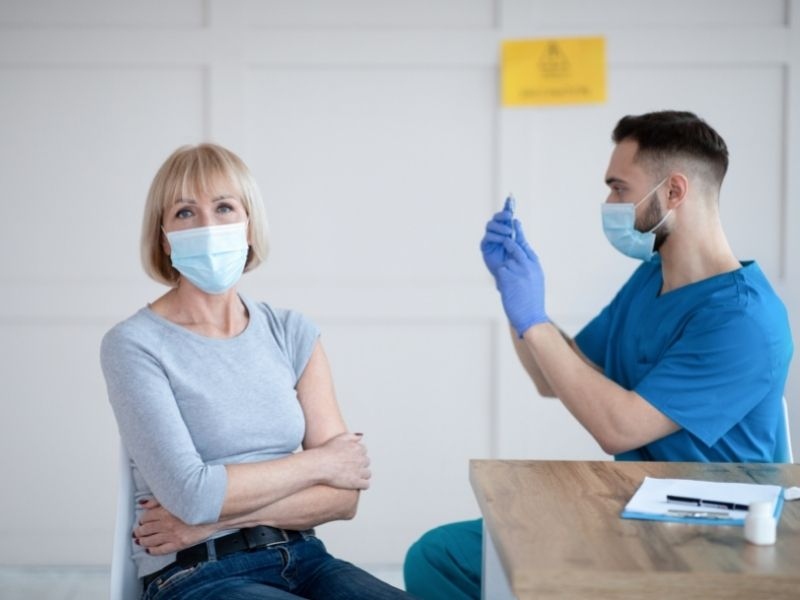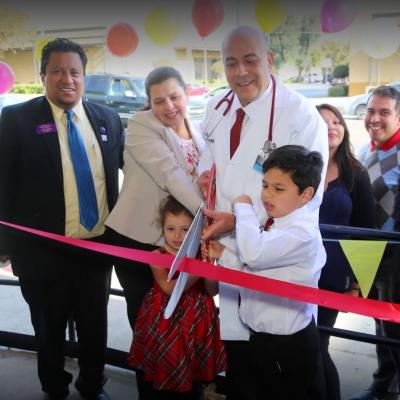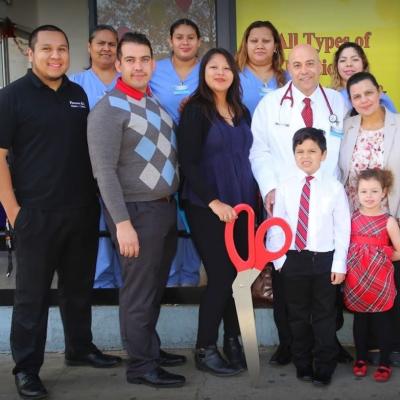1- COVID-19 is still being fought.
This entry was made public on August 1, 2010.
This flu season, for the second year in a row, we are fighting not just one, but two serious, contagious respiratory illnesses at the same time.
There are effective vaccines for both COVID-19 and the regular flu that make it much less likely that you will get sick or die from either of them. (And you can get flu and COVID-19 vaccines at Carbon Health clinics with quick appointments the same day.) As of this writing, COVID-19 has caused more than 660,000 deaths in the U.S. Since the first reported case of the disease in this country, 1 in 500 Americans have died from it, and the Delta variant is causing an alarming number of new cases, especially in places where vaccination rates are low.
By itself, the flu is a major cause of death and illness. Since 2010, the CDC says that between 12,000 and 61,000 people have died each year from seasonal flu. Together, these two viral illnesses could cause a huge wave of health problems, hospitalizations, and deaths, making it impossible for hospitals to give all their patients the best care possible.
The best way to protect yourself and your family from infections and serious illnesses is to get vaccinated against both COVID-19 and the flu.
2. COVID-19 and the Flu Together? Not for me! This entry was made public on August 1, 2010.
It is possible to have both the flu and COVID-19, which is something you definitely don't want. Both of these viruses attack the lungs and can make you very sick. It's already known that having the flu makes a person more likely to get a "superinfection" with something else, like the bacteria Staph aureus, which can cause a nasty case of pneumonia and make a person's already poor lung function even worse. When COVID-19 is taken into account, your short-term and long-term health can be in danger. This entry was made public on August 1, 2010.
3. Despite what most people think, the flu shot is safe.
This entry was made public on August 1, 2010.
From a risk-benefit point of view, getting the flu shot is much better than getting sick with the flu. Aside from legitimate reasons not to get the flu shot, many of the reasons people give for not getting it are false beliefs that spread like wildfire on social media.
For example, many people who don't get the flu shot say that they are afraid of getting the flu from the injectable vaccine. This doesn't happen because the flu virus in the vaccine is killed, so it can't multiply and give someone the flu. If someone gets a flu shot and then gets sick later, they might think they were "given the flu." The answer is no. Most likely, the symptoms are caused by other infections that are common at this time of year, like the common cold. Some side effects of the flu shot, like a low-grade fever, tiredness, and body aches, could be the vaccine doing its job. This is because the vaccine causes the immune system to rev up and make antibodies that protect against the flu. This process can sometimes make people feel a little off.
People often don't get the flu shot because they are afraid of Guillain-Barre syndrome (GBS), a condition in which the body's immune system attacks the nerves, causing tingling and muscle weakness in the limbs. Even though GBS can happen after a vaccine, it happens very rarely. In fact, the risk of getting GBS is 15 times higher after getting the flu than after getting a flu shot. This entry was made public on August 1, 2010.
4. It makes you less likely to get very sick from the flu. This entry was made public on August 1, 2010.
When someone has the flu, they may not be able to move around for a long time. This has a big effect on both their jobs and their personal lives. Also, if they get very sick, they may have health problems that last for a long time. When the flu vaccine is a good match for the most common viral strains, the risk of getting sick goes down by 40–60%. Even though only 55% of adults in the US got a flu shot during the 2020–2021 flu season, the CDC estimates that the vaccine prevented 4.4 million flu cases, 58,000 hospitalizations, and 3,500 deaths. Let those numbers sink in for a minute.
The flu shot also cuts down on the need for intensive care and the length of hospital stays by a lot. Some people don't get the flu shot because "they've had it before and still got sick." This can happen, but it depends on the age, health, and how well-matched the vaccine is to the person. But research shows that the flu shot still protects you and makes the illness less severe. This entry was made public on August 1, 2010.
5. It will help free up hospital beds for people who are sick and need them most. This entry was made public on August 1, 2010.
A hospital can quickly get too full if the number of COVID-19 patients goes up. It could be terrible if a lot of people got the flu at the same time. Some people who get the flu need to stay in the hospital and get intensive care. Getting the flu shot this year not only protects your health, but it also helps us save money on healthcare and frees up hospital beds for people with other serious and long-term illnesses. Even though we are in the middle of a pandemic, people still need medical help for things like heart attacks, broken bones, giving birth, and so on. When more people are vaccinated and not in the hospital with serious flu or COVID-19, hospital staff will be better able to help you or a loved one if you or they need care for one of these reasons.
Don't let the flu stop you this year. Instead, make an appointment for a flu shot the same day and start the season off right.










 And then Add to Home Screen.
And then Add to Home Screen.